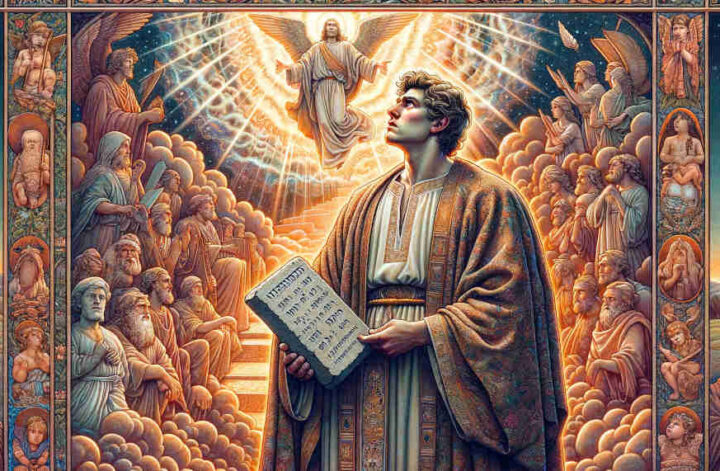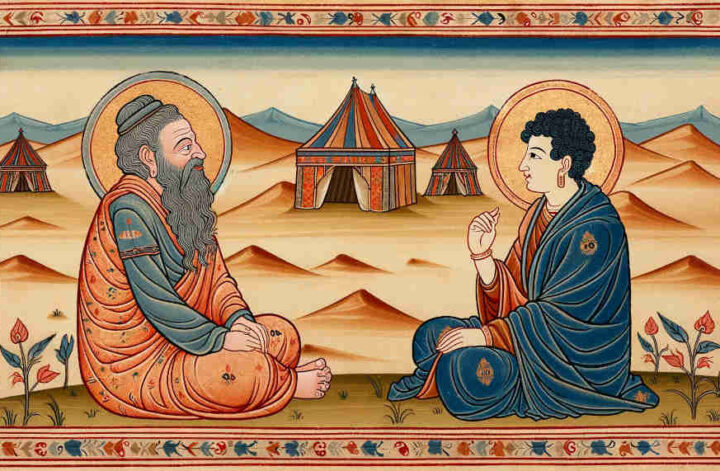Email from a reader: “Dear Rabbi Joshua, I’ve been studying various religious texts and am curious about the Noahide Laws. Where exactly can I find these laws in the Bible? Thank you for your guidance. Sincerely, Rachel”
Dear Rachel,
Your quest to locate the Noahide Laws within the Bible reflects a deep interest in understanding the foundations of these universal moral guidelines. Let me elucidate their biblical origins for you.
Origins of the Noahide Laws:
The Noahide Laws, while not explicitly listed as a group in the Bible, are derived from interpretations of several passages in the Torah, particularly in the book of Genesis and other references in the Talmud.
Genesis and the Covenant with Noah:
The most direct reference is found in the covenant God makes with Noah following the flood. In Genesis 9:1-17, God blesses Noah and his sons, commanding them to be fruitful and multiply and fill the earth. This covenant includes several instructions which are interpreted as the basis for the Noahide Laws. Key elements such as the prohibition against murder (Genesis 9:5-6) and against eating flesh taken from a living animal (Genesis 9:4) are seen as part of these laws.
Interpretation in the Talmud:
The detailed enumeration and explanation of the Seven Noahide Laws are found in the Talmud, particularly in Tractate Sanhedrin (56a-60b). The Talmudic sages, through their interpretation and discussion, derived these laws from the verses in Genesis and other scriptural sources, forming the set of laws as we understand them today.
The Seven Laws:
The Seven Noahide Laws, as traditionally understood, are:
- Prohibition of Idolatry
- Prohibition of Blasphemy
- Prohibition of Murder
- Prohibition of Theft
- Prohibition of Sexual Immorality
- Prohibition of Eating Flesh Torn from a Living Animal
- Requirement to Establish Courts of Justice
While the explicit text of these laws as a collective set is not found in the Bible, the ethical and moral principles they represent are deeply rooted in the biblical narrative and are seen as a universal code for all humanity, derived from the covenant with Noah.
Rachel, your pursuit of biblical knowledge is commendable, and understanding the roots of the Noahide Laws offers a deeper insight into the universal aspects of ethical monotheism. May your studies continue to enrich your understanding and appreciation of these profound teachings.
Warm regards,
Rabbi Joshua



